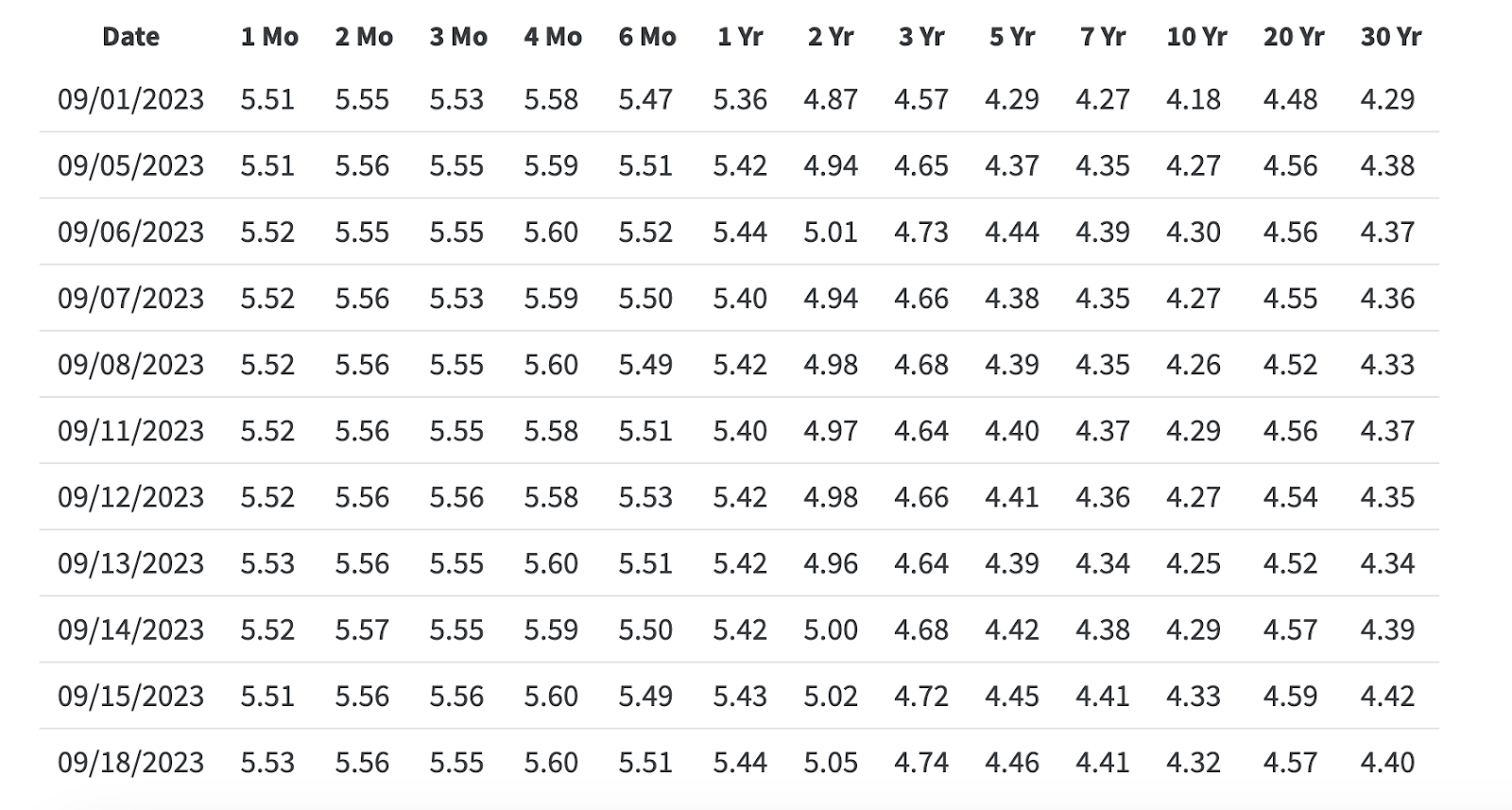Startup founders face the crucial task of navigating the intricate world of cash management to ensure their companies’ survival and growth. In this guide, we’ll delve into essential cash management strategies tailored to preserve your startup’s capital, maximize liquidity, and minimize risk. Given the current financial landscape of banks in the US, securing your startup’s cash while generating yield has never been more critical.
Understanding Treasury Management
Treasury management involves overseeing a company’s financial resources to meet its financial needs while managing risk. Unlike large corporations like Goldman Sachs, startups may not have the resources or personnel for sophisticated treasury operations. However, VC-backed startups often possess substantial capital that can be strategically deployed to generate yield.
Three Criteria for Cash Management: Yield, Risk, and Access
Effective cash management requires a delicate balance between three essential criteria:
- Yield: Seek opportunities for a reasonable return on your funds while prioritizing safety and liquidity. Although generating investment returns is not your primary role as a founder, some yield can support your startup’s growth.
- Risk: Avoid high-risk investment options like the stock market or high-yield bonds. As a fiduciary, you are responsible for managing company assets prudently, and major investment losses can have legal implications and impact your relationships with investors.
- Access: Ensure easy access to funds when necessary, especially for business expenses. Utilize savings accounts, cash-equivalent options, and money market accounts for liquidity.
Best Yield for a Startup’s Cash
In mid-Q1 2023, startup founders have the chance to earn yields ranging from 3% to 5% on their idle cash. Gaining yield is vital for startups, as it can provide additional income to support growth. Money market accounts offer a higher interest rate while maintaining liquidity, making them a favored choice. Certificates of deposit (CDs) are another option, although they offer higher interest rates, they come with a fixed term and early withdrawal penalties, making them slightly less liquid. However, safety and liquidity should take precedence over chasing higher yields, given the risks associated with riskier investments. Striking a balance between yield and capital preservation ensures they can navigate uncertainties and seize growth opportunities, contributing to their long-term success.

Safely Managing Startup Cash
In the early stages, startups often encounter the challenge of generating meaningful revenue or profits. However, for companies that have successfully secured venture funding, cash management assumes paramount importance. The primary objectives are to preserve the company’s capital, maximize liquidity, and explore safe yield opportunities.
Low-risk investments such as Treasury bills, bonds, certificates of deposit (CDs), and high-quality corporate bonds offer opportunities for yield without excessive risk. By creating a bond ladder with staggered maturity dates, startups can access funds as needed, even if a small penalty is incurred for early withdrawal.
Startups frequently seek treasury management options that offer more comprehensive protection than the $250k FDIC insurance limit. These solutions typically fall into three categories:
- Insured Cash Sweep Accounts: These accounts distribute deposits across multiple FDIC-insured banks, ensuring that your balance at any particular bank remains below the $250k insurance limit. Funds are readily available and relatively secure.
- Government Bonds: Widely regarded as among the safest investments globally, government bonds and bills provide a secure option for deploying your cash. Collaborating with a reputable banking partner can help you navigate the nuances of selecting the right maturity date.
- Money Market Funds: Although not FDIC-insured, money market funds invest in secure, short-term securities. They are generally considered safe. However, it’s crucial to collaborate with a reliable treasury management partner to determine if they align with your startup’s cash management goals.

Access to your Funds
Readily available funds, which are the lifeblood of startups, must be placed in liquid and easily accessible accounts or assets. These can include traditional savings or checking accounts at banks, where funds can be withdrawn quickly for daily operational needs. Startups can also consider using cash-equivalent options, like short-term government bonds or commercial paper, which combine safety with relatively easy access to cash. These examples illustrate the importance of balancing liquidity with yield when parking startup funds in various financial instruments, ensuring that the money remains readily available for both expected and unexpected needs.
Sound Cash Management
In a nutshell, managing cash wisely is crucial for startups. It’s like walking a tightrope between making some money, keeping things safe, and being able to access your funds when needed. Stick to safer options like Treasury bills, bonds, and consider spreading out your investments over time. If you have more cash than the FDIC insurance limit of $250k can cover, there are options like Insured Cash Sweep Accounts, government bonds, and Money Market Funds, but make sure to work with trusted financial partners. By following these simple principles, startup founders can protect their money, have cash ready when they need it, and even earn a little extra, setting the stage for long-term success.

